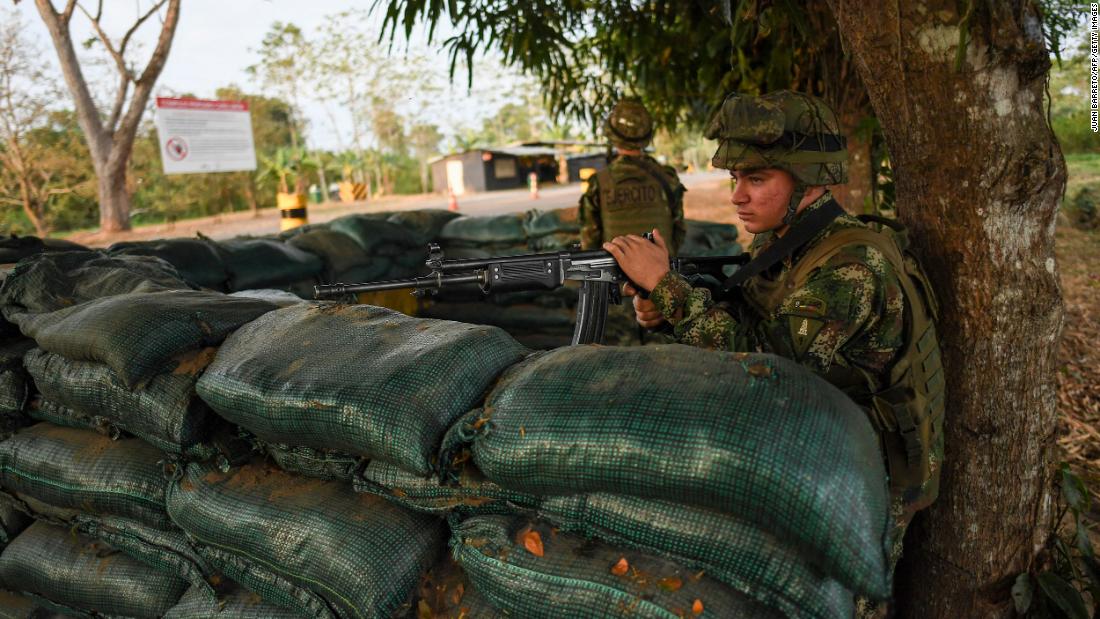
Colombia struck a peace deal with guerrilla groups years ago. So why is violence surging?
CNN
This year kicked off with a violent start on the Colombia-Venezuela border, where dissident militant factions have been competing for territorial control of lucrative drug routes that connect the South American country to the US and Europe. At least 23 people were killed in violent clashes at the start of the year, followed by a deadly car bomb and the murder of a local community leader and his wife.
The renewed violence comes more than five years after the Colombian government signed a peace agreement with the Revolutionary Armed Forces of Colombia (FARC), ending a 52-year armed conflict that killed up to 220,000 people and displaced as many as 5 million people.
Colombian President Ivan Duque vowed to stamp out the violence during his presidency. But it continues to plague rural areas, where peace was supposed to bring development and new opportunities -- mounting concerns that the country's most violent days might not be over.













